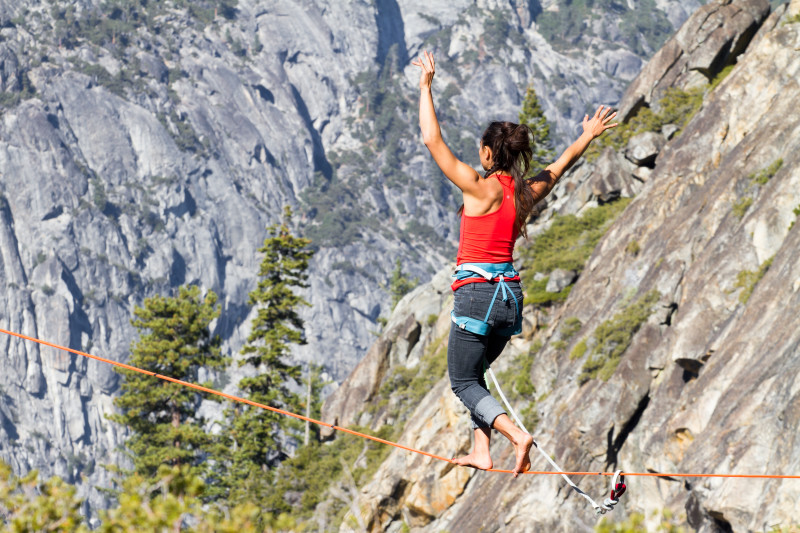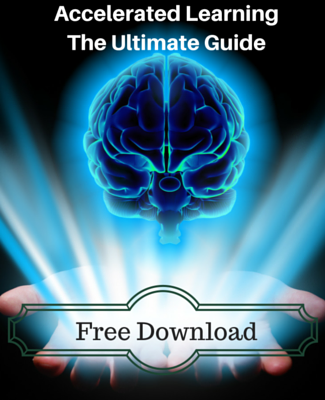The Balance of Flow

Think of a time when you’ve been totally engaged in an activity. You could have been doing almost anything including work reading, sports, music, cooking, studying, practicing any skill, or having a particularly engaged conversation. In those moments we lose a sense of time and self because we are so enthralled; this is when we are at our best.
Flow and Peak Performance
Psychologist Csikszentmihalyi has described flow as “a state of optimal experience.” In this state we are completely focused. We can achieve peak performance. But most importantly these experiences are usually the times when we feel the deepest enjoyment while performing with maximum creativity and efficiency.
This is the state of mind where artists create masterpieces, where athletes give clutch performances and win championships, and where musicians tap into a language that resonates with our existence.
Naturally, the first question that comes to mind is: how can you put yourself into a state of flow more often?
Flow: It’s a Balancing Act
Have you ever tried to walk on a slack line or balance beam? How about trying to do a handstand or maintaining a yogic balancing position? When we attempt these feats, it’s sure that strength plays a role. But strength alone is not enough. In fact, trying to force the point is actually one of fastest ways to throw ourselves out of whack.
Flow is a lot like this. You have to find the groove, and staying there is a delicate balance. You can’t use strength or force of will to hold yourself on a balance beam. You have to simply be balanced. Then you can maintain yourself there almost effortlessly.
Finding YOUR Balance
Flow is a state of mind, not so different to meditation or The Game. If you try too hard to hold yourself there then you’re actually missing the point. Instead you must focus your mind, just do the task at hand, and don’t over-think it.
The analytical conscious mind is like our mental muscle. Trying to intellectualize ourself into a flow state is like straining all our muscles in order to hold ourselves on the top side of a balancing beam.
Straining our muscles doesn’t aid our balance. In fact, doing so hinders our ability to stay up there because we’re rigid and unable to adapt to changes. Flow is like water. You have to react as the situations change. What keeps us there in one moment may not keep us there in the next.
Removing the Impediments
If we want something to flow smoothly, the most important thing is to get all the obstacles out of the way. By clearing the path, everything moves downhill without obstruction.
So one key to enhancing our ability to flow is getting the impediments out of the way. For example, if we’re working on a creative endeavor, we need to find a good space to work where we can be free of distraction. We need the tools for the job. We need space and time. And perhaps most important we need our minds to be clear of unrelated ideas so we can focus on the work.
Impediments and obstructions can come from any of the Core Four aspects of reality: Environment, social community, body, or mind (actionable takeaways for each below).
There are more ways to get things wrong than to get them right. So flow can be a fragile and delicate state. But those who can actively construct the settings to do their work will unleash a whole new level of creativity and productivity in their lives.
Actionable Takeaway
What are the areas of your life where you would like to experience flow: work, exercise, learning, creativity? Choose something that interests you and identify the potential impediments to your process. Consider the Core Four for clarity:
Environment: What materials do you need and what sort of space is required for you to perform at your best? Is it better to be secluded in a quiet space or do you need an open area to do the work? Is it better to work outside in nature or at a desk with a spacious table and resources at hand? Do you have any items or pictures that inspire you?
Community: Do you need to work alone or is it best to have others around you? What role does a teacher or mentor play in this activity? Are you competing? Do you need teammates? If you need other people around, who helps you stay focused and who tends to knock you off your center?
Body: In terms of health, what needs to be true for you to excel? Do you need to be fit or flexible? Does your activity require a certain level of energy? Or is it better to be relaxed and calm? How does sleep play a role? What time of day is your energy ideal for the practice?
Mind: When is your cognitive peak? What sort of attitude do you need to thrive? How can you prepare your mind for peak performance? Do you need to be quietly focused by taking several deep breaths? Does it help you to feel inspired by watching established pros in the community performing at their best? Do you need loud music to get you feeling pumped up before you engage in some truly heavy lifting?
Everyone’s Unique And We’re All the Same
Even though we are all different, other people have likely walked the path before us. We each have unique routines and rituals to put us in the zone, but then again we’re all more similar than we are different. So find out what other people have done before you to achieve the type of results you’re going for.
Establish your own routine, but don’t be afraid to borrow from others who have come before you.
Most importantly, find your rhythm and let if flow.
Comments are closed.


